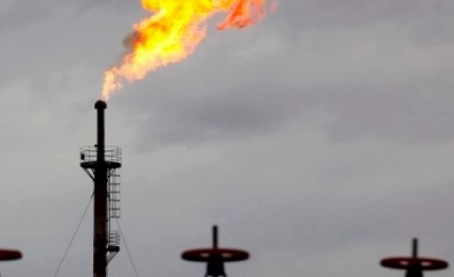Dallas Fed Outlines Somber Oil & Gas Industry, “Flaring” of Natural Gas Comes into Focus
“The capital markets for oil and gas remain extremely difficult.”
The Dallas Fed’s Forth Quarter Energy Survey, released today, portrays an industry that is turning increasingly somber. The data is based on responses of executives (names are not disclosed) of 170 energy companies – 111 exploration and production (E&P) companies; and 59 oil field services companies – located or headquartered in the Dallas Fed’s district, which covers Texas, northern Louisiana, and southern New Mexico and includes the most prolific shale oil-and-gas field in the US, the Permian Basin.
This time, there were additional questions, including on the reasons for “flaring” of natural gas in the Permian Basin. Natural gas is so abundant in the hydrocarbon mix produced at these wells (“associated” natural gas), and natural-gas pipeline takeaway capacity is so insufficient, that the surge in production led to the collapse of the price of natural gas in the area, reportedly dropping below zero on occasion. And it led to a record amount of natural gas getting flared in 2019.

Flaring large amounts of gas is a waste of natural resources, a source of air pollution, and a big financial drag for the already struggling oil-and-gas companies, investors, and banks.....MUCH MORE
To get a better handle on this, the Dallas Fed asked what the executives thought “the main reasons for the increase” in flaring in 2019 were (multiple choice, with the option to “check all that apply”):
Among the comments on flaring, which ranged across the spectrum, there was one that I think is particularly interesting, in part because it was a suggestion on how to solve this issue:
- 73%: insufficient pipeline take-away capacity for gas
- 49%: lack of gathering and processing capacity for gas
- 45%: processing and transportation fees for gas that exceed the value of the gas
- 15%: temporary outages/issues with gas infrastructure
“As a small independent producer, I would like to see the Texas Railroad Commission [the state regulator of the oil and gas industry] do its job and prevent waste of resources. Flaring should be allowed only for a short time to test and clean wells up after they have been hydraulically fracked. Once this has occurred, if the operator cannot find gathering/pipeline options for its natural gas production, the well should be shut-in until takeaway capacity is available....